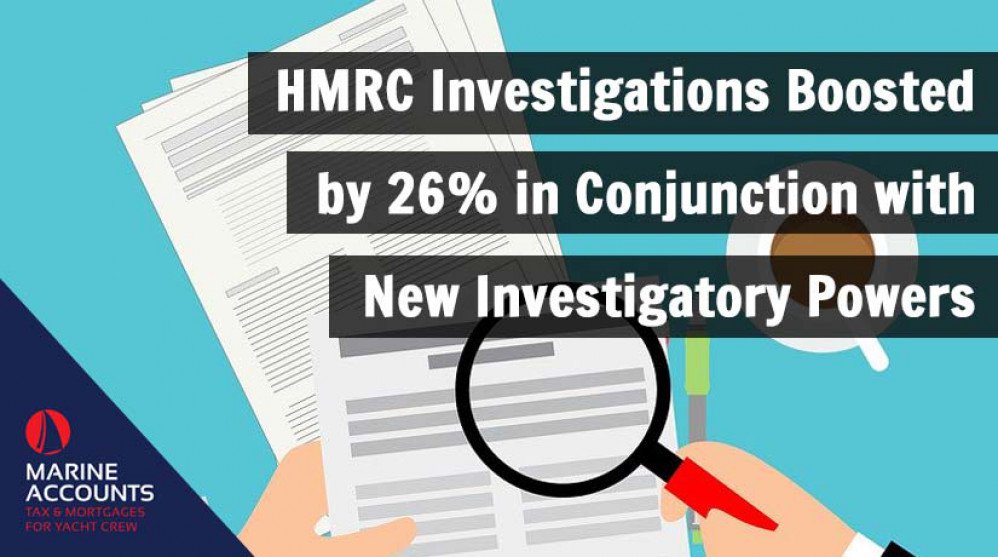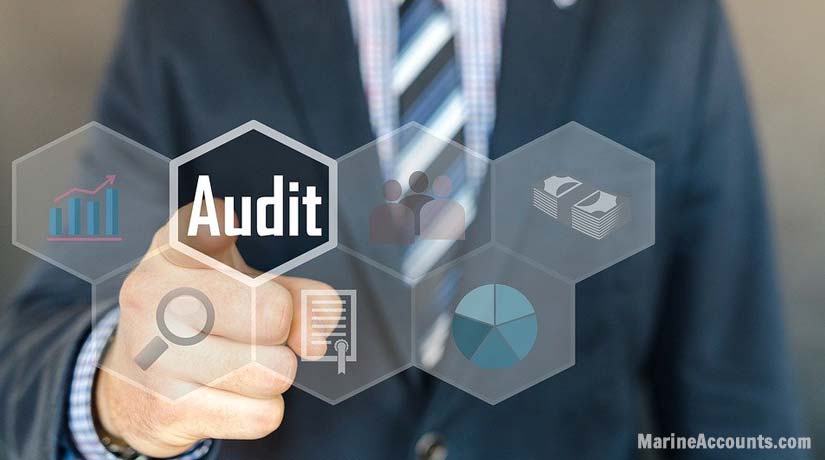HMRC Investigations Boosted by 26% in Conjunction with New Investigatory Powers
- Authors
-
-

- Name
- Patrick Maflin
-

Image source: https://pixabay.com/illustrations/audit-report-verification-magnifier-4576720/
HMRC has kept to its promise relating to increasing the scrutiny of their investigations into sophisticated tax evasion.
The crackdown started as a result of the notorious Panama Papers leak in 2016, which highlighted quite how severe the problem of tax evasion has become.
Individuals and businesses are being targeted in an attempt to bring their offshore holdings to the surface and ensure that any and all relevant tax liabilities are paid.
As a result, the 2019/20 tax year saw 430 investigations launched which represents a 26% rise on the number opened during 2018/19, and 65% higher than 2017/18.
The trend is therefore clear, and HMRC’s persistence is unlikely to relent.
Evidence of this was seen in March when HMRC posted thousands of warning letters to individuals who have undeclared foreign income, threatening prosecution unless steps were made to become tax compliant.
If you received a letter from HMRC regarding overseas income, it may be beneficial to read our article on how to react to HMRC investigations.
Chapters

Image source: https://pixabay.com/photos/audit-inspection-examination-4189560/
The Importance of Voluntary Disclosure
The recent wave of investigations have been aided by HMRC’s newfound ability to enquire into both the onshore and offshore holdings of its tax residents, which came into effect in 2017 as part of the Automatic Exchange of Information (AEOI) and Common Reporting Standard (CRS).
This legislation means that holdings in areas that were previously anonymous, such as the British Virgin Islands, Cayman Islands, Luxembourg, Liechtenstein and Mauritius are now visible.
Furthermore, the Finance bill 2020/21 has proposed a new concept of a financial institution notice (FIN) which will be an addition to HMRC’s existing powers.
This allows HMRC to place a legal obligation to produce information regarding a particular taxpayer upon financial institutions and banks.
The new legislation comes as part of an attempt to increase tax revenues, and it should be expected that HMRC will deploy their new firepower with increased frequency.
It is therefore now alarmingly apparent that regardless of the type of income or where it is held, it will soon become visible to HMRC.
For more information on the Automatic Exchange of Information, read our article on the importance of voluntary disclosure.

Image source: https://pixabay.com/photos/earth-internet-globalisation-2254769/
What To Do Now
As the ground begins to shift beneath people’s feet, the only sensible course of action in this unfamiliar climate is to ensure that you are in a position of total tax compliance.
It is not only individuals who are yet to declare any of their income who are now at risk, but also individuals who have under or wrongly declared their income in previous tax return submissions.
Whilst some may be unfazed by these latest developments as they file an annual tax return to declare their income from sea, it is a common misconception that they do not need to include other sources of income, such as overseas investment or rental income.
This is dangerously untrue, and you should always seek advice relating to what income needs to be declared in your annual tax return.
If you remain one of the many who are yet to declare your income from yachting, or more importantly UK sources, there has never been a more important time to take the necessary steps to get your tax affairs up to date.
Contact Us
If you have any questions or would like advice on how you can become tax-compliant, contact us today.
Get in touch with us today or let us know your thoughts in the comments section below.
Any advice in this publication is not intended or written by Marine Accounts to be used by a client or entity for the purpose of (i) avoiding penalties that may be imposed on any taxpayer or (ii) promoting, marketing or recommending to another party matters herein.


